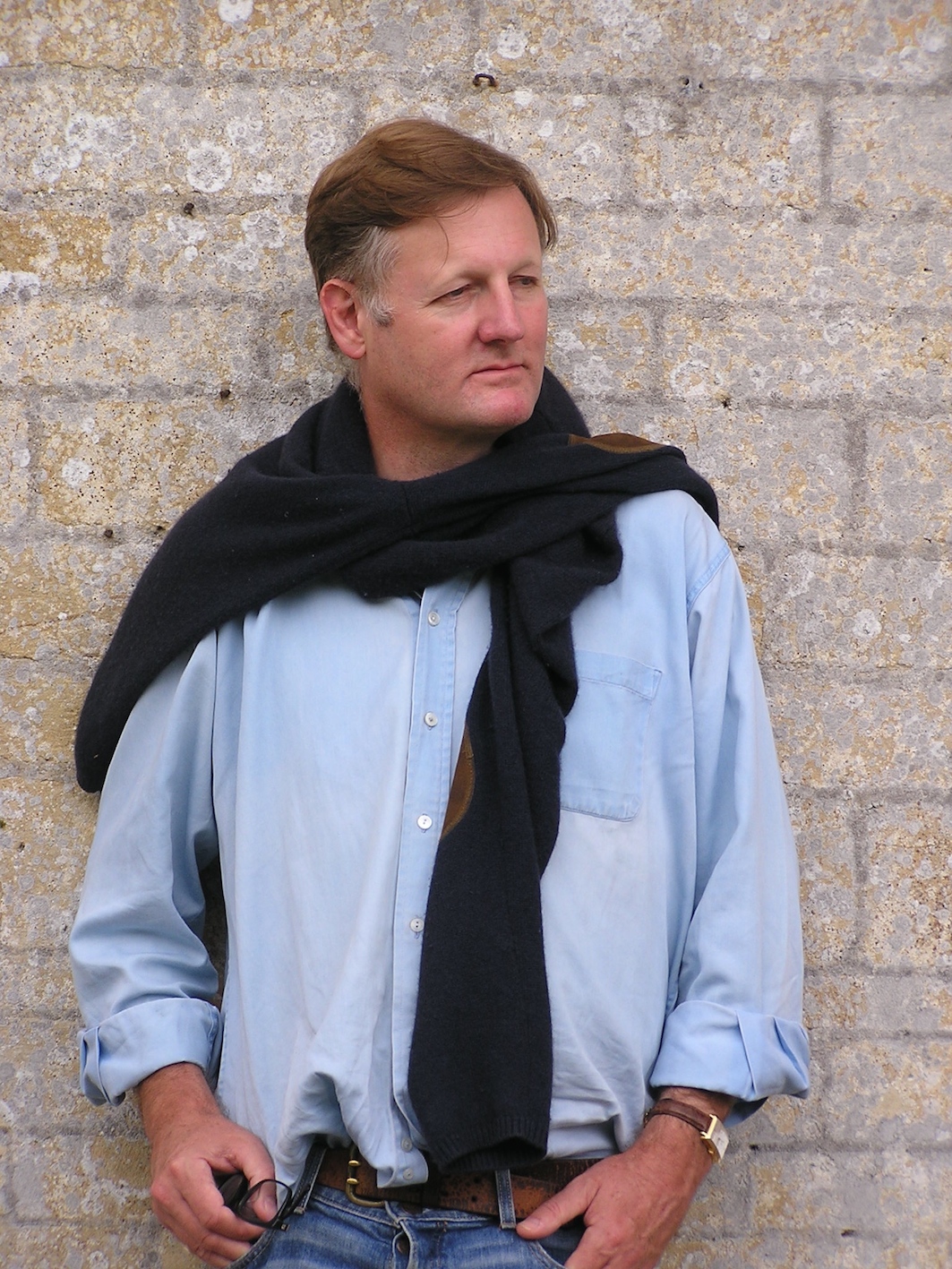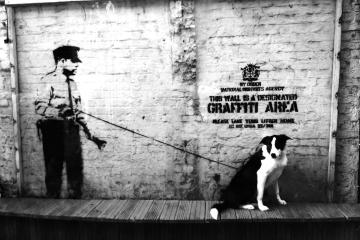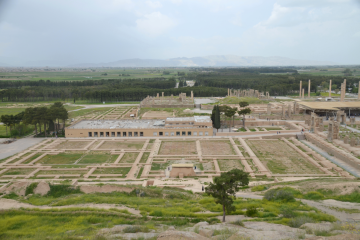Celebrating a key figure in the age of Magna Carta, Rupert stirringly evokes a gorgeous world in which the knight was dominant. In their coats of mail like silk shirts and their golden spurs, these were ‘the angels men complain of, who kill whatever they come upon’. A talk celebrating a key figure in the age of Magna Carta. Reckoned by a contemporary to be ‘the best knight who ever was or will be’, William the Marshal was the classic knight errant, who made his name – and a fortune in ransoms – on the tournament circuit in northern France. Such was William’s renown that he rose to be Regent of England during the minority of Henry III, uniting the nation and saving the English monarchy. Rupert compares William’s verse biography with the Arthurian romances of his contemporary, Chrétien de Troyes, and finds fiction merging with reality. He stirringly evokes a gorgeous world in which the knights were dominant. In their coats of mail like silk shirts and their golden spurs, these were ‘the angels men complain of, who kill whatever they come upon’.





